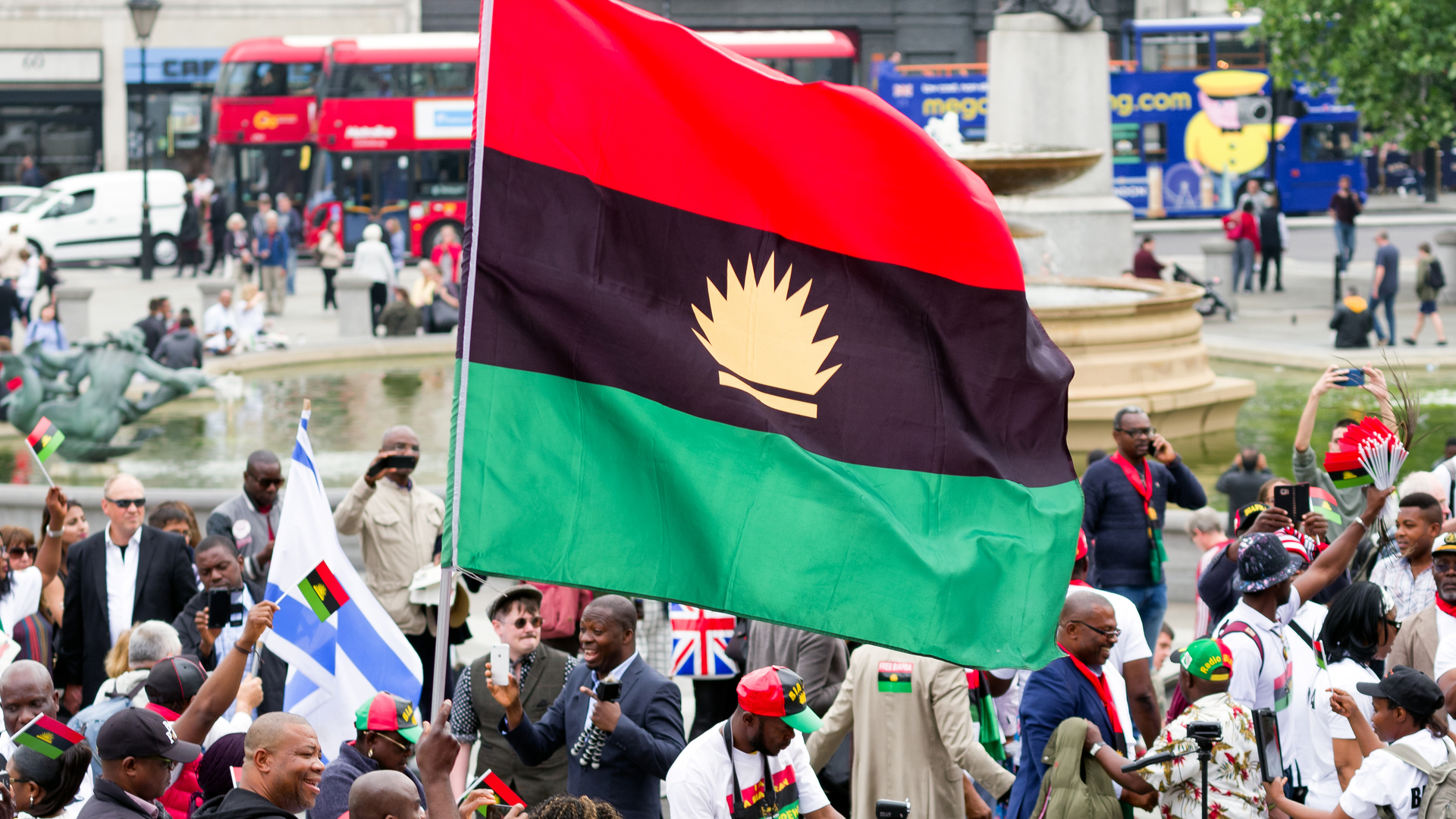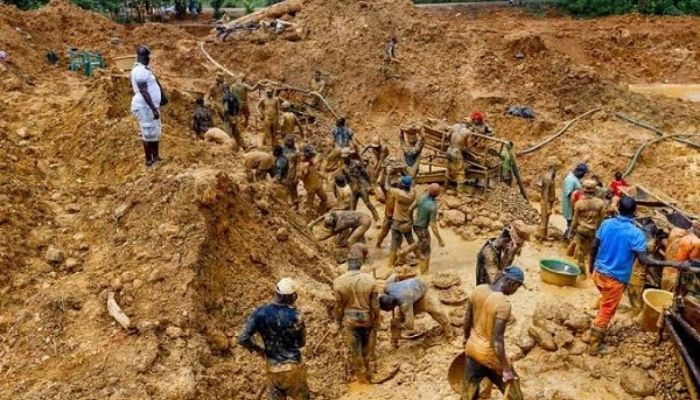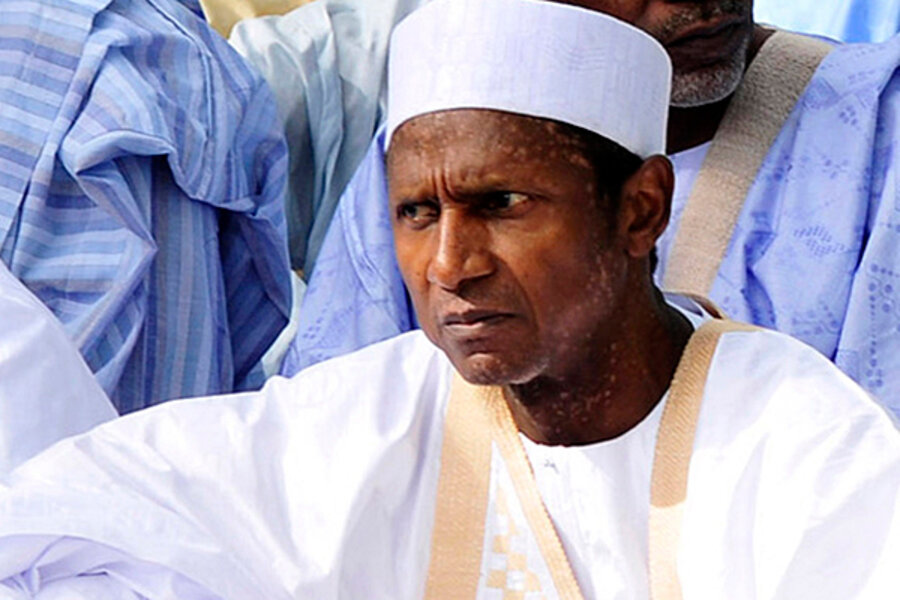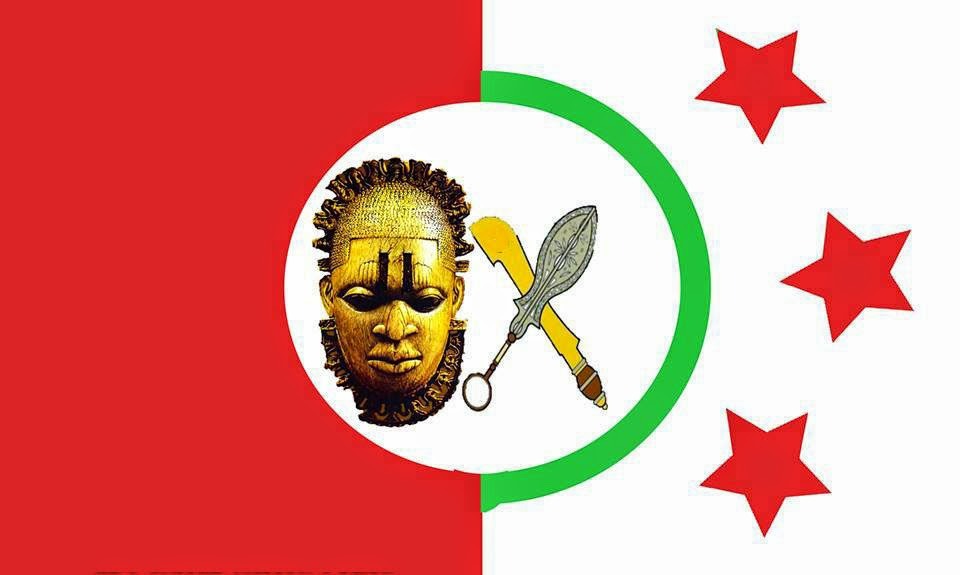culled from VANGUARD of Saturday, September 20, 2003
If Nigeria Plc were a private or publicly owned company instead of a country, it would have been declared bankrupt years ago and even now it would have difficulty securing any new loans from creditors on any terms.
Bluntly put, the country has become a dead-beat, unable and perhaps unwilling to pay its debts as and when due. Inexplicably, the situation has worsened in the last four years during which the nation earned more from crude oil than at any time in its history. For those who, like President Obasanjo, are still wedded to false optimism, we present below some of the evidence to back up our claim.
External debt stands at $31 billion or N4.3 trillion today; it was N2.4 trillion in 1999 when the present administration took over, promising prudent management of our resources. Interestingly, the debt when the President handed over to Alhaji Shehu Shagari in 1979 was a mere N1.96 billion. Per capita, the debt was N28 in 1979; it jumped to N20,200 by 1999; and today stands at N35,800. Further devaluation of the currency will over the years increase the escalating debt owed by each Nigerian with little toshow for it. Recently, the U.S government deferred debt repayments due on account of our support on the "war on terrorism". Two obvious conclusions derive from that. One: we still owe; the future has merely been mortgaged by the current government. Two that is implied
but not stated is the fact that our foreign policy has become hostage to external debts. We have been enslaved where diplomacy is concerned.
Local contractors are owed N1 trillion and that adds another N8,300 per person to the debts owed to foreigners. That too has its implications. The local contractors are quite often the Small and Medium Scale employers of labour; many have been crippled and most cannot pay their staff as and when due. Thus, the same government which has been cajoling banks, without much success, to lend to SMIEs is making it virtually impossible for them to repay the banks and secure fresh loans. It is also endangering the banking system by either forcing banks to add to their already burgeoning non-performing loans portfolio or to run foul of official directives with regard to loans to small scale enterprises. Either way, the banks stand to lose. No nation wanting to grow its economy should put its banks in that position.
The bottom has fallen out of the pension scheme with the public service scheme alone in need of at least another N1.5 trillion just to pay for the backlog of pensioners' entitlements. That adds N12,500 per capita. As it is, the government has given up on finding money to fund pensions which were subjected to fraudulent management in every government including this one.
The proposal to introduce a contributory pension scheme while meritorious does not address the existing problem nor does it go far enough to allay fears regarding fraudulent practices which ruined the exiting pension scheme.
On those three accounts alone, every Nigerian owes a total of N56,600 while our income per capita is N36,000; meaning that to clear the debt we must forgo everything including food and shelter for one and a half years. But the picture is even worse than that. The burden falls not on all Nigerians but disproportionately on the working middle class; the children are excluded; so are the aged. The rich are notorious tax-evaders while governments at all three tiers pretend not to notice. The people who must bear the brunt of this calamity cannot be more than 12 million; and that brings us to the crux of the matter. They cannot pay either because the burden is too heavy.
States are also financially encumbered. For years many economists who have bothered to look into the matter have long felt first concern, now alarm given the fiscal irresponsibility of military and elected officials of states as well as Local Governments. Those fears have now been concretised by the Chief Economic Adviser to the President, Professor Charles Soludo who revealed that most states have mortgaged their future statutory allocations.
But Soludo confirmed more than the mortgage of the future by past and present leaders at the state level.
Indeed, the picture he painted, quite accurately it might be added, was like a death sentence on the other two tiers of government because according to him, only Lagos State was able to generate up to 50% of its revenue internally; Rivers which came next raised only 32.4% and Kano 17.9% meaning that 33 states mobilized less than 15% of their revenue from internal sources. Unsaid by Soludo but known to economists is the fact that at least 20 states generate less than 10% of their revenue from internal sources, making their dependence on the Federal Government and by extension on oil revenue almost total.
The implications of that state of affairs are numerous but only two will be touched upon here to drive home the point. First, any decline in the price of crude oil which will reduce the inflow of funds into the federation accounts from the present height of $28 per barrel to about $20 or less will have devastating effects on the States and Local Governments who are locked into debt payments deducted at source.
Secondly, the imminence of that catastrophe is underscored by the return of Iraq to the international crude supply market under American control. The U.S wants cheaper crude oil and will get it now that it has subjugated a major producer; that fact alone is enough to send warning signals to Nigerian governments at all levels that current statutory allocations, insufficient as they are, might not even be sustainable.
President Obasanjo's warning that Nigerians should brace up for more hardship is realistic but it fails to address the consequences of the almost inevitable economic adversity for our fledgling democracy and security.
Clearly, we can no longer afford the 36 states and 774 Local Government structure. That opium of the masses dispensed by the military to pacify us which led from three regions to four, then twelve states; then 19; 21; 30; and now 36 while we cheered, is proving like most addictive drugs, to have unintended and perhaps fatal side-effects. Right now, the most urgent is the fact that most States and Local Governments are gradually grinding to a halt fiscally irrespective of the person or the party in power.
The Federal Government also might collapse if crude oil prices should fall below $18 per barrel; it is tottering as it is with the existing price levels. NEEDS, the new economic initiative unveiled by Professor Soludo viewed from this standpoint appears like a structure constructed on quick-sand with very little prospect of success unless the basic political problem responsible for this condition is tackled.
There is only one way out; and that is a National Conference that will lead to total reconstruction of the country, reducing State and Local Governments to affordable proportions and doing away with the frivolity of appointing 42 ministers and uncountable advisers. It is either that or we surrender more if not all of our sovereignty to our foreign creditors. This economic house has fallen.












